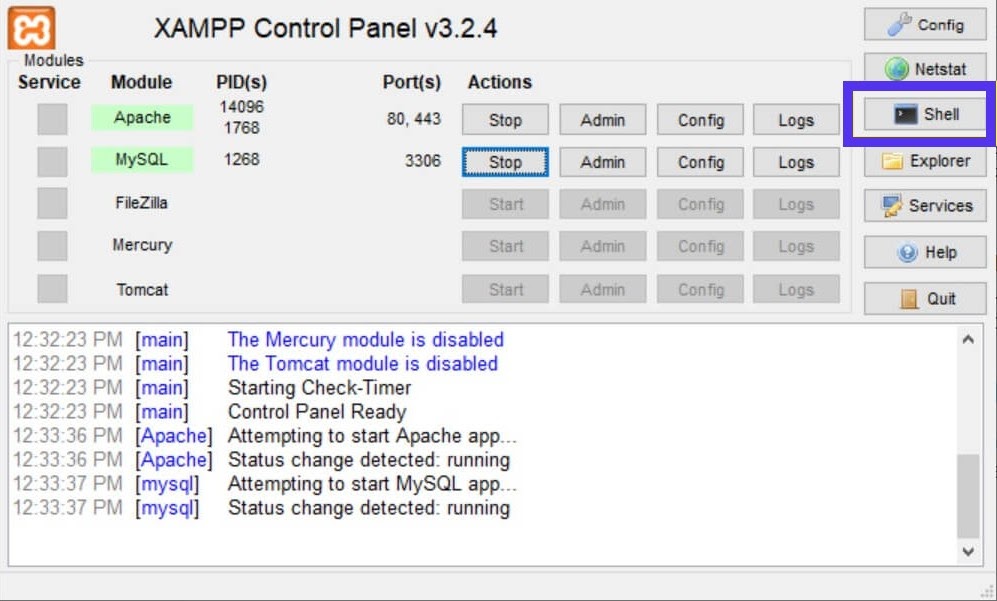In the world of web development and database management, security is of paramount importance. MySQL default password is set during installation for security reasons. It’s crucial to change it immediately to prevent unauthorized access. Neglecting to do so poses significant security risks to your database.
MySQL, being one of the most popular open-source database management systems, comes with a default password for the root user. This default password poses a significant security risk if left unchanged. In this article, we will explore the reasons why changing the default MySQL password is crucial for the security of your database.
Before reading this blog post see our previous blog post about Web Hosting Forum Insights. Web Hosting Forum is an online community where users discuss web hosting topics.

Credit: powerusers.microsoft.com
The MySQL default password Risk
MySQL default password is set during installation. For security, it’s recommended to change it immediately. Failure to do so can leave your database vulnerable to unauthorized access. The default MySQL password, if not changed, leaves your database vulnerable to unauthorized access and potential security breaches.
Attackers are well aware of common default passwords, and leaving the MySQL password unchanged makes it easier for them to gain access to your database. This can lead to data theft, data manipulation, and even data deletion, compromising the integrity and confidentiality of your data.
Best Practices for Changing the Default Password
Changing the default MySQL password should be one of the first steps taken after installing MySQL. Here are some best practices for changing the default password:
- Choose a Strong Password: When changing the default password, ensure that the new password is strong and complex, consisting of a combination of uppercase and lowercase letters, numbers, and special characters.
- Use a Password Manager: It’s advisable to use a password manager to generate, store, and manage the new MySQL password securely.
- Implement Regular Password Changes: Regularly changing the MySQL password adds an extra layer of security to your database, making it harder for potential attackers to gain unauthorized access.
- Follow the Principle of Least Privilege: Assign appropriate privileges to MySQL users, ensuring that they only have the access necessary to perform their specific tasks and nothing more.
Steps to Change the MySQL default password
If you’re wondering how to change the default MySQL password, the process is relatively straightforward. Below are the basic steps to change the default MySQL password:
| Step | Description |
|---|---|
| Step 1 | Connect to MySQL: Use the terminal or a MySQL client to connect to the MySQL server. |
| Step 2 | Enter Current Password: Enter the current default password to access the MySQL server. |
| Step 3 | Change Password: Use the appropriate SQL command to change the password for the root user. |
| Step 4 | Confirm Password Change: Once the password is changed, confirm the change by attempting to log in to the MySQL server with the new password. |

Credit: kinsta.com
Benefits of Changing the MySQL default password
By changing the default MySQL password, you are taking a proactive step in safeguarding the security of your database. The benefits of changing the default password include:
- Enhanced Security: A changed password reduces the risk of unauthorized access, protecting your database from potential security threats.
- Compliance with Best Practices: Changing the default password aligns with industry best practices for database security.
- Protection of Sensitive Data: It helps in safeguarding sensitive and confidential data stored in the database.
- Peace of Mind: Changing the default MySQL password gives you peace of mind, knowing that you have taken the necessary steps to secure your database.
Conclusions
In conclusion, changing the default MySQL password is an essential measure to mitigate security risks associated with the default installation. By following best practices and regularly changing the password, you can significantly enhance the security of your MySQL database. It is crucial to prioritize database security to protect sensitive data, maintain trust with users, and uphold the integrity of your applications and systems.
